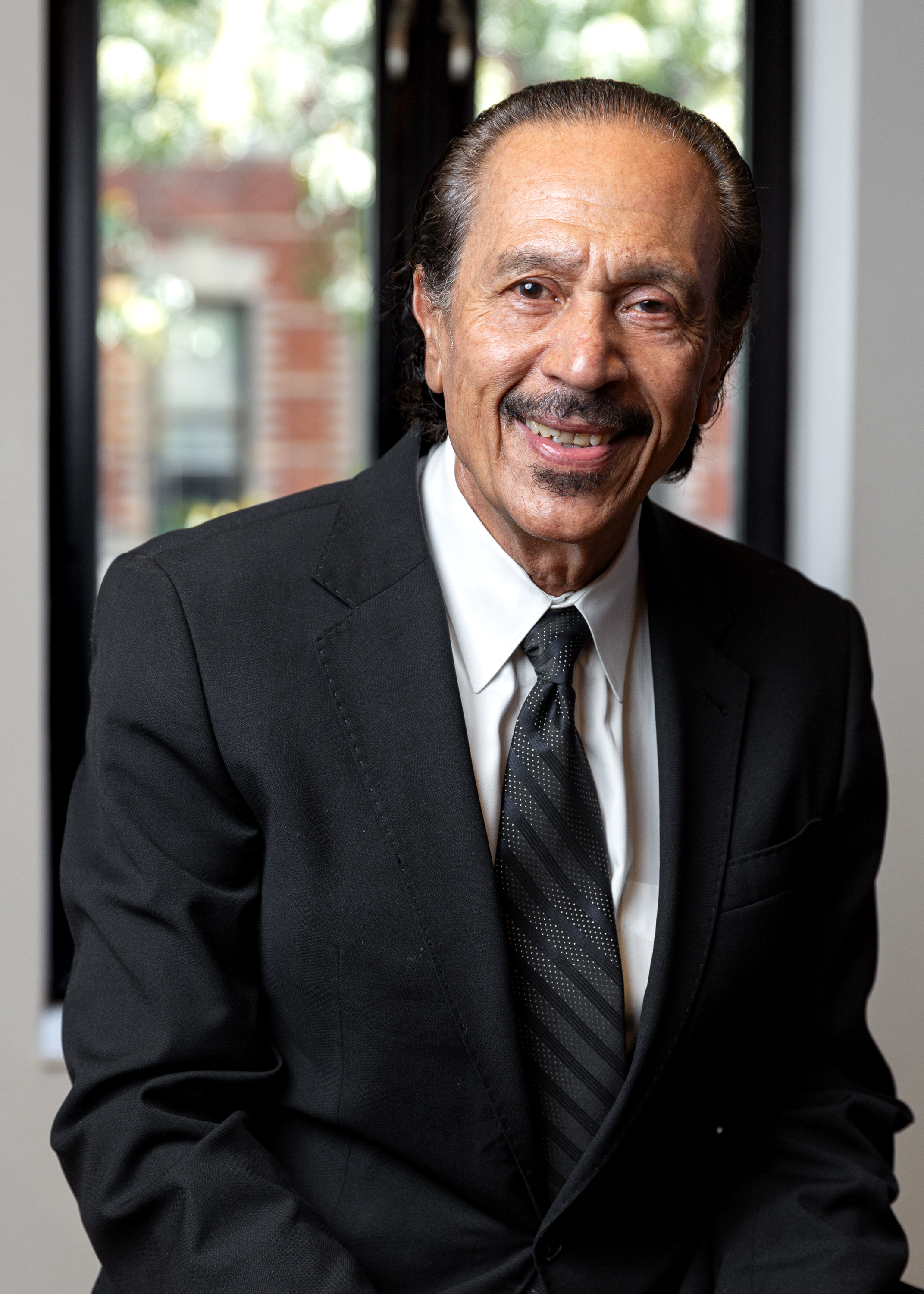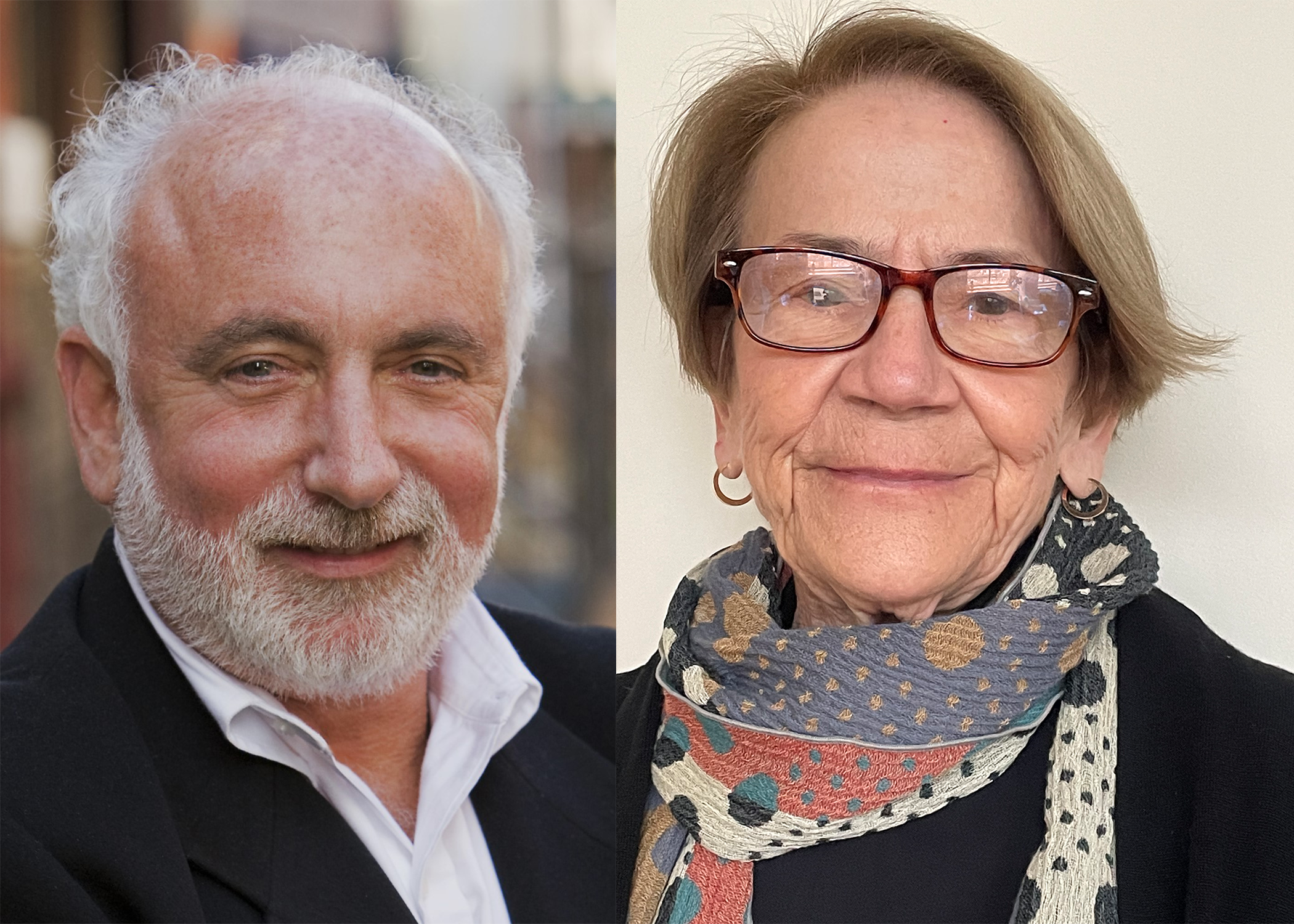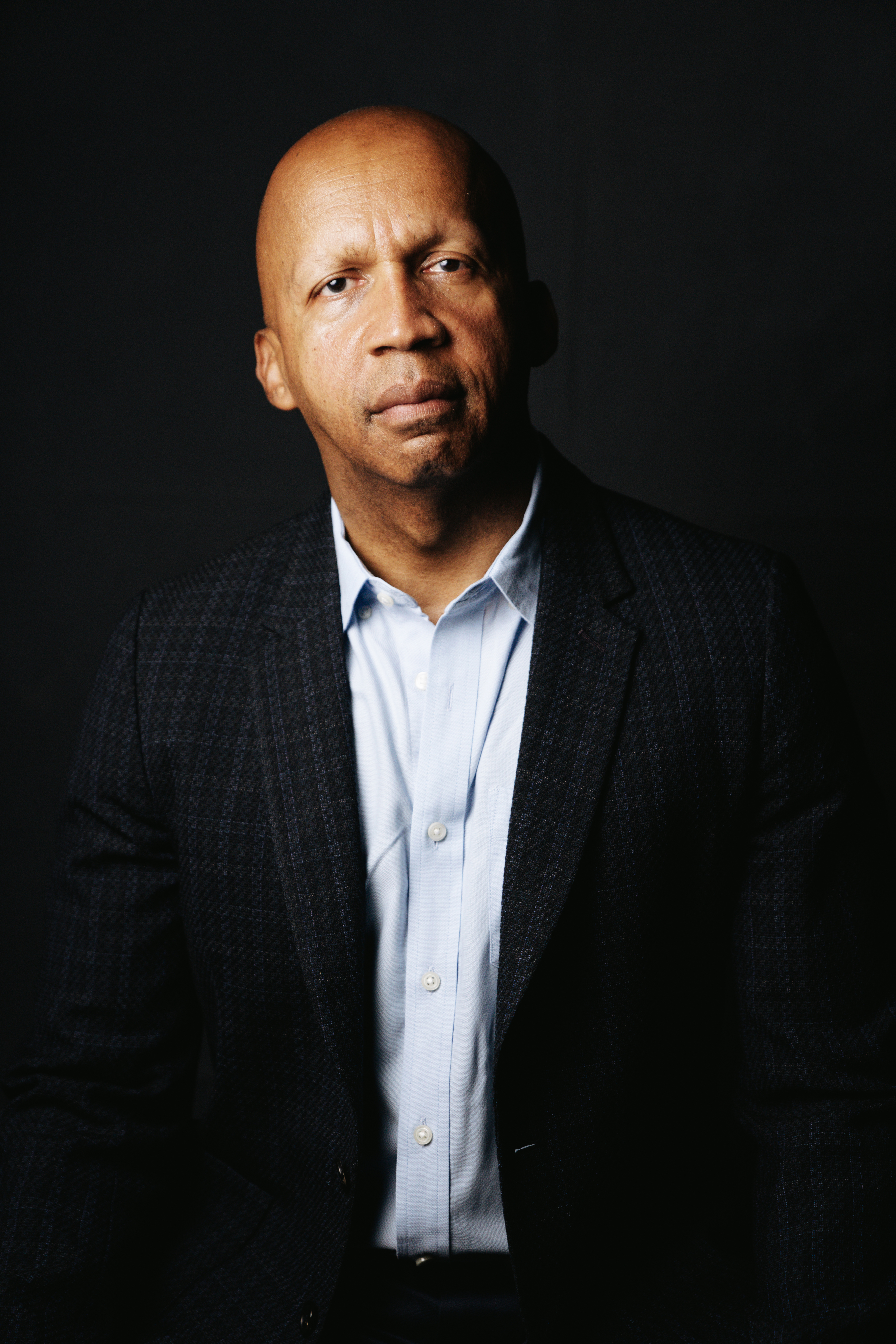2024 Leadership Prize Winners
Click here to RSVP for the 2024 Leadership Prize
Angel Rodriguez
Co-Founder & Executive Director | Avenues for Justice

A long-time Lower East Side resident, Angel co-founded Avenues for Justice’s court advocacy program to keep young people out of jail. Incorporated in 1979, Angel expanded the program, opening headquarters inside New York City’s Manhattan Criminal Court building and a flagship community center on the Lower East Side in the 1980s. In 1999, Angel established a second community center in Harlem and in 2018, began to serve hundreds of young people citywide providing free court advocacy with HIRE UP services for job readiness, educational assistance and mental health care.
During the 1980's, Angel also collaborated with (ret.) Hon. Judge Michael Corriero to launch the Youth Part model in Manhattan---a court part which prosecutes youth separately from adults and promotes alternative to incarceration services. Today, this model is used nationwide.
Angel’s “meet the moment” approach is far-reaching as he continues to personally advocate for young adults in the courtroom, handles an active caseload of Participants, while providing continuous Hispanic leadership. Over the years, Angel has been recognized for his service and dedication to diverting thousands of young New Yorkers from prison, along with his outstanding work in fostering alternative to incarceration efforts that exemplify problem solving on a community level. Angel received an honorary law degree from the CUNY Law School at Queens College and was selected as one of three outstanding community activists in New York City to receive the Robin Hood Foundation's Hero Award in 1996. Manhattan DA Bragg selected Angel to serve on the Juvenile Justice Sub-committee of his transition advisory team up until his inauguration in January 2022.
Laurence Steinberg | Laura H. Carnell Professor of Psychology and Neuroscience, Temple University
&
Elizabeth Scott | Harold R. Medina Professor Emerita of Law, Columbia Law School

Laurence Steinberg, Ph.D., the Distinguished University Professor and Laura H. Carnell Professor of Psychology and Neuroscience at Temple University, is one of the world’s leading experts on adolescence. His research has focused on a range of topics, including adolescent brain and psychological development, risk-taking and decision-making, family and peer relationships, and juvenile justice. He is former President of the Division of Developmental Psychology of the American Psychological Association and of the Society for Research on Adolescence. Dr. Steinberg was a member of the National Academies’ Board on Children, Youth, and Families, chaired the Academies’ Committee on the Science of Adolescence, and directed the MacArthur Foundation Research Network on Adolescent Development and Juvenile Justice.
Dr. Steinberg was the lead scientist on the amicus briefs submitted by the American Psychological Association in Roper v. Simmons as well as subsequent cases that limited the use of life without parole for juveniles. He is a Fellow of the American Psychological Association, the Association for Psychological Science, and the American Academy of Arts and Sciences. Dr. Steinberg is the author or co-author of approximately 500 articles and essays on development during the teenage years, and the author, co-author, or editor of 18 books, including Age of Opportunity: Lessons From the New Science of Adolescence and Rethinking Juvenile Justice (with Elizabeth Scott). He has also written for The New York Times, The Wall Street Journal, and The Washington Post, and is a frequent guest on NPR. He served on the Juvenile Law Center’s Board of Directors from 2003 to 2010.
Elizabeth Scott is the Harold R. Medina Professor of Law Emerita at Columbia University School of Law. Her areas of scholarly interest are family and juvenile law. Much of her research is interdisciplinary, applying social science and neuroscience research and developmental theory to legal policy issues involving children and families, and applying research on adolescent development to youth justice policy. From 1995-2005, she was a member of a MacArthur Foundation Network on Adolescent Development and Juvenile Justice, an interdisciplinary research group that conducted influential studies of adolescents’ competence to stand trial, desistance from criminal activity, and public attitudes toward youthful culpability. She was also a member of a National Academy of Science Committee on Juvenile Justice, which authored a National Research Council Report, Reforming Juvenile Justice: A Developmental Approach.
Scott is the co-author (with Laurence Steinberg) of Rethinking Juvenile Justice (Harvard University Press, 2008), which received the 2010 award for the best social policy book by the Society for Research in Adolescence. She is also the Chief Reporter of a new American Law Institute Restatement of Children and the Law, and the co-author of a widely used casebook on Children in the Legal System (6th ed. 2020).
Bryan Stevenson
Founder & Executive Director | Equal Justice Initiative

Bryan Stevenson is the founder and Executive Director of the Equal Justice Initiative, a human rights organization in Montgomery, Alabama. Under his leadership, EJI has won major legal challenges eliminating excessive and unfair sentencing, exonerating innocent death row prisoners, confronting abuse of the incarcerated and the mentally ill, and aiding children prosecuted as adults.
Mr. Stevenson has argued and won multiple cases at the United States Supreme Court, including a 2019 ruling protecting condemned prisoners who suffer from dementia and a landmark 2012 ruling that banned mandatory life-imprisonment-without-parole sentences for all children 17 or younger. Mr. Stevenson and his staff have won reversals, relief, or release from prison for over 140 wrongly condemned prisoners on death row and won relief for hundreds of others wrongly convicted or unfairly sentenced
Mr. Stevenson has initiated major new anti-poverty and anti-discrimination efforts that challenge inequality in America. He led the creation of two highly acclaimed cultural sites which opened in 2018: the Legacy Museum and the National Memorial for Peace and Justice. These new national landmark institutions chronicle the legacy of slavery, lynching, and racial segregation, and the connection to mass incarceration and contemporary issues of racial bias.